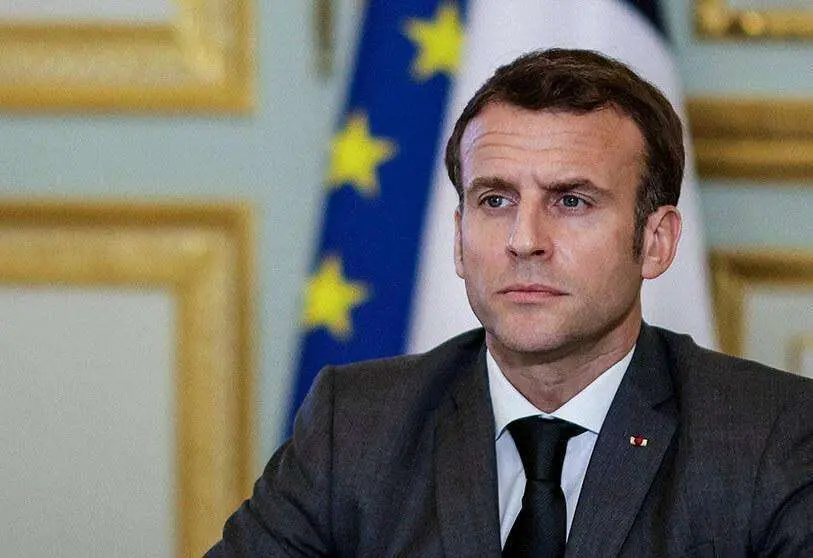France: Macron saves the motion of censure in extremis

The French president, Emmanuel Macron, overcame the motion of censure presented by a diverse group of parliamentarians against the pension reform that for several days has been generating chaos in the main cities. The conflict that has moved from politics to the streets is based on opposition to the pension reform, the future of which requires substantial changes, but the need for which has not been taken up either by some of the parties, or by trade union and social organisations, or by citizens.
The main problem is the increase in the retirement age, which is now sixty-four and will rise to sixty-six under the new law. As there was no possibility of reaching an understanding, the president used article 49.3, which allows him to adopt decisions by decree, and approved the reform, which further inflamed the atmosphere of protest. A heterogeneous group of independent parties and politicians under the acronym LIOT presented a motion of censure in the Assembly, not against Macron personally, but against the government and Prime Minister Élisabeth Borne. It needed 287 votes to pass, but fell nine votes short.
It was a triumph that saved the cabinet, but still a dismal result for the president against whom the protests that are creating violent disturbances of public order are really focused. The protests that began three years ago with the "yellow waistcoats" have continued to grow. The response has been an increase in the number of police, as these are illegal demonstrations and hundreds have already been arrested, creating even more tension. In Paris, the riots have created many problems, with attacks on official bodies and private businesses as well as major traffic disruptions.
The failure of the censure motion is a further endorsement for the application of Article 49.3, which keeps the reform in force. But the opposition shows no signs of accepting it or renouncing violence. An improvised inter-union organisation, made up of 13 entities, has reacted immediately by calling for nine days of protests, the first of which will take place on Thursday 23rd. The general impression is that Macron's image, whose support has fallen below 20%, is the one that is arousing the most rejection and his authority the most deteriorated in both national and international circumstances, which increases concern.

